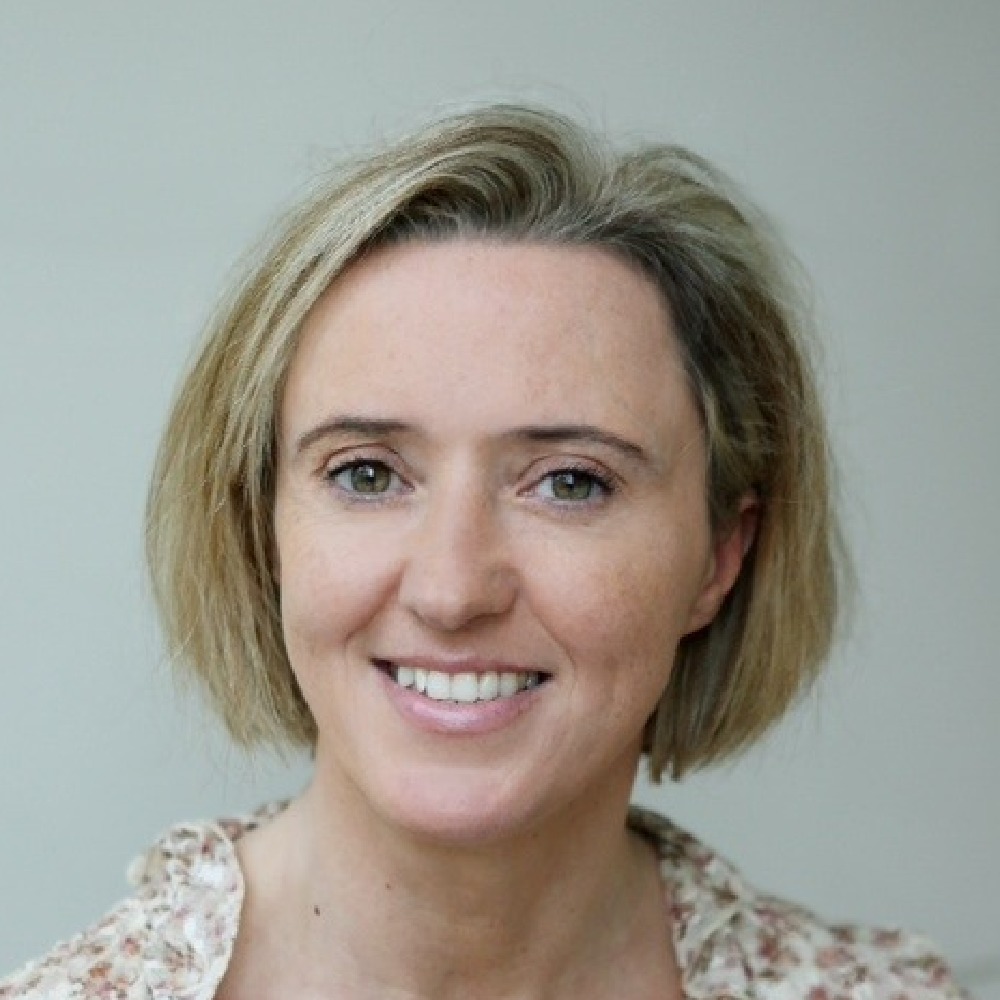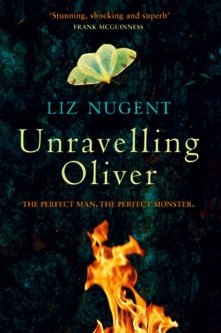
Liz Nugent

Unravelling Oliver is a story of psychological suspense as each chapter reveals another glimpse of Oliver’s character. I have made it as compelling as I could with lots of hints and teasers of what might come along the way, but the whole truth is gradually revealed, the truth of Oliver’s story and of his origins, which are a shock to him.
Please tell us about the character of Oliver.
He is good looking, successful and very articulate but he hides massive insecurity. He is an excellent manipulator, arrogant and cold hearted, but he did not deliberately set out to hurt anyone. Every small boy wants a mother, or at least to know who she is. Oliver’s quest for a family and acceptance ultimately destroys them, and him.
This is your first novel, so was it anything like you imagined it would be?
All I knew when I started out was that it was about a ‘bad’ character. I was kind of inspired by John Banville’s Freddie Montgomery in The Book of Evidence and by Sebastian Faulks’ Engleby and on television by Tony Sprano and Breaking Bad’s Walter White. I was enthralled by all of those characters, but I didn’t know if I could write one. I really didn’t expect the plot to take so many twists and turns either. That kind of happened organically as I developed the story and my editor Patricia Deevy really helped enormously with structuring it.
Please tell us about your early career as a stage manager in Ireland.
I trained as an actor but was really rubbish at it, but learned to love the theatre through that training. I still wanted to be involved, so I picked up work as an Assistant Stage Manager in a few ‘profit-share’ shows. That usually meant that there was no profit. These days, they call that an internship. I was always more fascinated by the journey from page to stage than by finding the right prop. By 2000, I was a Production Stage Manager with Riverdance touring internationally, but I realised I needed to do something different- work with words and language. However, I met my husband on Broadway and met some of my closest friends through theatre and it gave me an appreciation of stagecraft. I worked with and for some excellent people. Nowadays, I am a regular attendee at the theatre and in fact, this year I’m a judge of the Irish Times Theatre Awards, so none of the experience was wasted.
You have written for radio, TV drama so how does this compare to novel writing for you?
Writing for radio and TV is entirely different because it is such a collaborative process. Even if you write the script, you can’t really call the finished product your own work. The layers of editorial input, the directors, the production values and the actors all bring something to the script- and sometimes take something away- but it really is no longer ‘your’ story.
Writing a novel is your work alone until you think you’re finished and then your publisher appoints an editor. But maybe as a result of that collaborative training, I had a great relationship with my editor. You have to trust that your editor wants your book to be the best it can be, so you are working together towards the same goal and there is only the two of you. The writer has the final say and I could have objected to a lot of her suggestions but you should at least try them and see if they work or not.
Also, working on a soap opera taught me a lot about hooking your audience/readers. I don’t want them to put the book down so I hint and tease about what might come and try to leave every chapter with a cliff-hanger. It’s a great discipline.
You have been shortlisted for the Francis McManus Short Story Award, so how does that make you feel?
Being shortlisted for that competition was great because it gave me the confidence to go on and do other things. It was the first short story I’d ever written and turned out to be Chapter 1 of Unravelling Oliver. After that, I wrote a five-part children’s animated TV series The Resistors, broadcast on TG4 . Then I won a writing bursary from the European Alliance for Television & Culture (EATC) for the pilot episode of a TV series Campus. My television play The Appointment, was one of four to win an open competition and was broadcast live by TG4 in 2008. In 2009, I wrote a 1 hour radio play called Appearances- first broadcast on RTE Radio 1 and chosen to represent Ireland at the prestigious New York Festivals. I would never have had the courage to do any of those things without the validation that being short-listed gave me.
Two reviews have said the novel is stunning superb and shocking so is this the reaction you wanted from your work?
I really couldn’t have asked for better. Those critics have excellent taste!
What is next for you?
Currently working on the difficult second novel.

